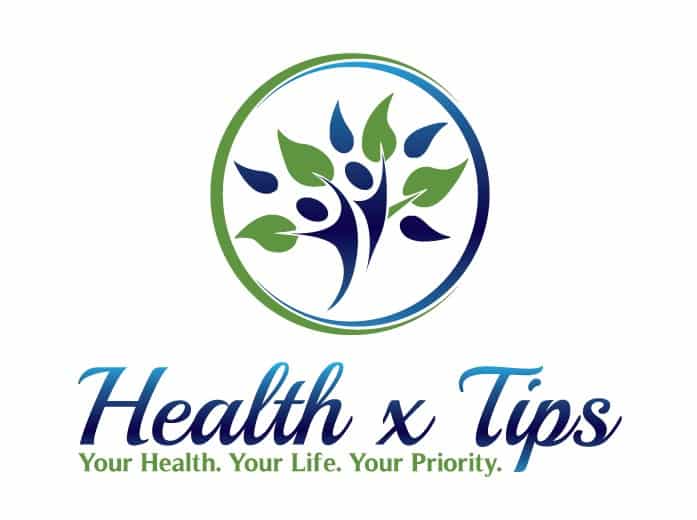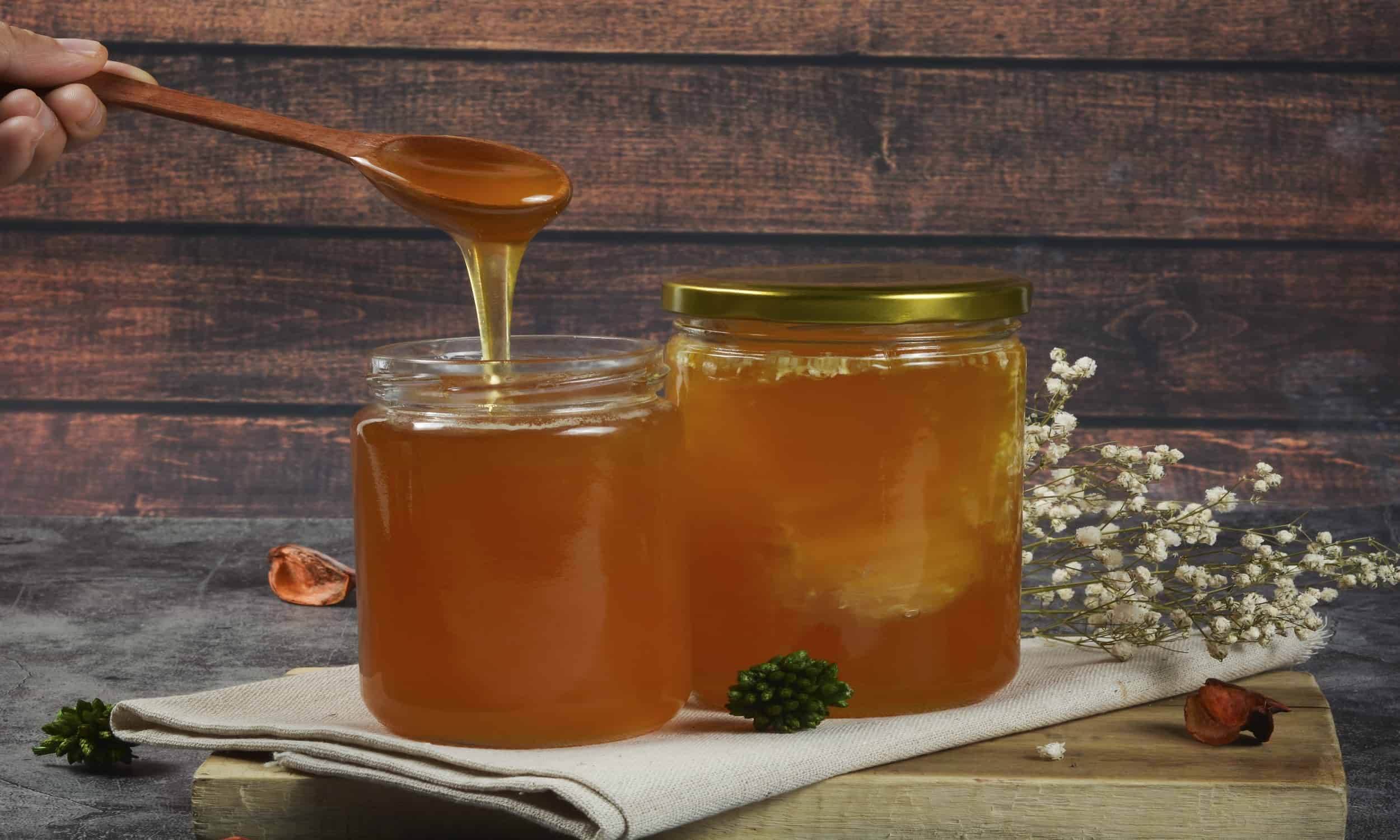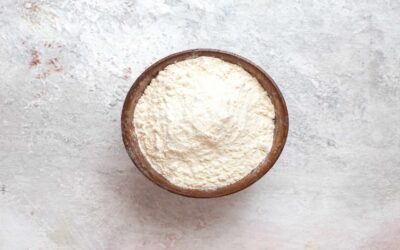Honey is a sweet food and no doubt an essential ingredient in our kitchens. It’s thick viscous golden-brown liquid is sweet in taste and is very beneficial. It also has medicinal properties and soothing effects.
Honey is a versatile substance and is used in different ways. It is available in two forms, natural and synthetic. Natural honey is a product made by honeybees and different insects from the sweet nectar of various flowers. In this article, we will detail the different aspects of honey, including its composition and benefits.
HOW HONEY IS MADE?
The whole process of making honey is quite mesmerizing when we study it and no doubt it is one of the great wonders of nature. A little insect either a honeybee or another insect works in a synchronized manner in groups throughout their lives and produces this substantial product.
Process
Nectar Collection
The bees that leave the hive for collecting the nectar are the foraging bees, these bees fly over long distances and suck sweet nectar from different flowers by using their proboscis. They store the nectar in their proventriculus (honey stomach) inside their bodies. When the proventriculus is filled completely, these foraging bees return to their hive and transfer the nectar to the hive bees.
Honeycomb Cells
End Product
NUTRITIONAL FACTS OF HONEY
64 calories and 17 grams of sugar are present in 21 grams of honey which is almost equivalent to one tablespoon of honey. It has a sweet, delicious taste but has a high sugar content and a high number of calories in it.
Biochemically, the sugar in it is present in the form of glucose, sucrose, maltose, and fructose. The honey is free from any fiber, protein, or fat. Less than 1% traced amounts of certain vitamins and minerals are also present in honey.
Honey is also rich in antioxidants, which add more value to the product from pharmaceutical aspects. For diabetic patients, honey proves to be better than sugar.
WHAT IS GLUTEN?
IS HONEY GLUTEN-FREE?
During the collection and distribution process of honey from the beehive to the consumers, there is a risk of cross-contamination of honey with gluten if honey is being processed in production houses where gluten-containing foods are also processed.
HEALTH BENEFITS OF HONEY
- From a health point of view, honey undoubtedly proves to be one of the best supplements as it has countless benefits for its consumer.
- Its soothing effect is used to cure inflammation and healing wounds in case of injuries and burns.
- The antioxidants present in it add more to its versatility and it has been used as medicine for more than 5,000 years.
- In fact, the pathogens that are present in diarrhea can also be suppressed by using honey and it could also be effective in blocking the actions of such pathogens.
- According to the latest research, it is reported that honey is as well as capable of preventing anti-peristaltic movements of the human gut which eventually minimizes the risk of gastroesophageal reflux diseases (GERD).
- Honey is very beneficial as it helps children who are suffering from coughs and could help them recover quicker. It fosters the relieve of cold or coughs symptoms and is recommended as a natural cough remedy by the World Health Organization (WHO).
- Truth be told, honey is the best substitute of sugar in food and beverages because excess sugar in the diet may cause increased body weight. It might also increase the risk of hypertension and diabetes by providing extra calories. Due to this, honey might be a good substitute.
POTENTIAL USES OF HONEY
- It’s also used in skincare supplements as it is very helpful for our skin and one of the best emollients used in cosmetic formulation.It is a great-game changer in the field of dermatology.
- The therapeutic properties of honey reported worldwide prove to be anti-microbial and anti-cancer and an effective wound healer as well. New research reported the potential use of honey in the management of allergic diseases like asthma; anaphylaxis and atopic dermatitis (AD). Research has been performed in order to incorporate the potential use of honey in clinical settings for the management of allergic diseases.
- The vast antibacterial or anti-microbial properties of honey promoted its clinical use in other departments as well. The ophthalmology department is also getting benefits from the therapeutic nature of honey in the successful treatment of many eye diseases.
- Honey is also reported to be a rich source of cholinesterase inhibitors and might play a significant role in the treatment of Alzheimer’s disease.
- Further research and investigations are in process to discover the potential of this substance.
GLUTEN-FREE HONEY PRODUCTS AVAILABLE IN THE MARKET
In the market, many gluten-free honey products are available under the label of different brands.
Countless different brands manufacture gluten-free honey syrups, differentiating them from other brands by using different bottle styles, colors, and flavors in them.
One of the most demanded gluten-free honey products is the Honey Grahams (Gluten-free graham style crackers).
Other products include Honey Stingers (in waffles or chews form).
Honey nuts cheerios are also one of the examples of gluten-free honey products available in the markets.
Apart from the above specifically mentioned product types, there are countless other gluten-free honey products as well. Often, the only differences are packaging and the company labels and maybe a slight change in the tastes as well.
HEALTH RISKS OF HONEY
Honey is a calorie-rich food and if not used in adequate amounts in our diets, it may prove to be of a greater risk to our health.
We should incorporate an adequate amount of honey in our diets and should take care of the prescribed daily calorie consumption limits for both men and women. Otherwise, honey being a calorie-rich food, it will contribute to increased body weight which will eventually increase the risks of a number of harmful diseases.
Experts have studied and reported that honey either in raw or regular form, should not be given to children of age less than one. It is only beneficial from the age of one upwards because it may cause botulism in infants.
KEY TAKEAWAYS
Studying all the facts, we can easily conclude that honey is no doubt one of the great wonders of nature and a full package of numerous benefits. We can use it in our food, beverages, medicines, cosmetics, etc.
Its vast therapeutic effects have opened and are still opening many new doors towards the treatment of many diseases which were not curable before.
We should also keep in mind the fact that no matter how beneficial the product is, we need to consume in moderate. It is also of paramount importance to consult our dietician or treating doctor before consuming excessive amount of honey.








0 Comments